Welcome to another Poetry Friday Poetry adventure!
Poetry Peeps! You’re invited to our challenge for the month of November! Here’s the scoop: We’re writing in the style of Valerie Worth. Unfamiliar? Renee LaTulippe shared poet Lee Bennett Hopkins’ NCTE reminiscences on her as a poet, and Renee wrote a great post highlighting her. And, now that you’ve read a bit, are you in? Good! The Poetry Sisters are continuing to throw our 2023 theme of TRANSFORMATION into the mix as possible. Whatever your topic or theme, you have a month to craft your creation and share it on November 24th – yep, that IS the day after Thanksgiving, so plan accordingly – in a post and/or on social media with the tag #PoetryPals.
We’re grateful to our Poetry Friday host today, Carol Labuzzetta Tricia’s poem right here, and Sara’s poem here. Liz’s poem is here. Mary Lee’s is here, and Laura’s popped in here. Michelle K. borrowed lines from Emily D. here. You might discover more Poetry Peeps checking in throughout the weekend, so stay tuned for the full round-up as I find them. Meanwhile… on with the poetry.
The original tale of the Bouts-rimés form has to do with a nobleman complaining of having some three hundred sonnets stolen from him. As it turns out, it wasn’t sonnets at all, only the rhyming end words. Our rhyming end words were A: profuse/abstruse/chartreuse/truce; B: incline/shine/resign/supine; C: various/gregarious/hilarious/precarious, D: ceasefire/quagmire/higher/dryer, E: transform/barnstorm/uniform/conform, F: humility/futility/nobility/tranquility; G: perturb/superb/reverb/disturb. With a couple of (horrifying) exceptions, the word list isn’t really that bad – and for once I gave myself permission to use forms of the words like inclined instead of incline. However, as there are several types of sonnets, I couldn’t really decide which would work best. I dabbled a bit writing three sonnet forms, but I found I really disliked the Terza Rima with this word list, so that one won’t ever see the light of day. Instead, here’s a Shakespearean sonnet, and a semi-Spenserian. I’ve made it a s/he poem for your amusement, but I defaulted on my illustration to HE, because we live in a sexist world, and I only found two graphics of MEN yacking, and HUNDREDS of women. (This is me, doing my bit for… equality. Or something.)
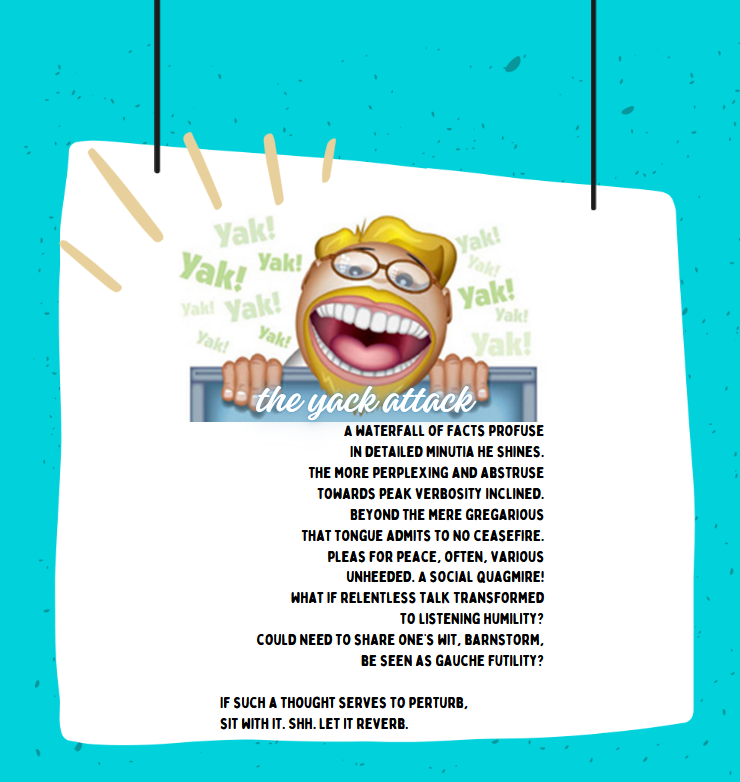
The Yack Attack
A waterfall of facts profuse
In detailed minutiae s/he shines;
The more perplexing and abstruse
Towards peak verbosity inclined.
Beyond the mere gregarious,
That tongue admits to no ceasefire.
Pleas for peace, often, various,
Unheeded. A social quagmire!
What if relentless talk transformed
To listening humility?
Could need to air one’s wit, barnstorm,
Be seen as gauche futility?
If such a thought serves to perturb I think the funniest thing about the next poem is that I rarely drink coffee… it’s a “Oh, sure, I’ll have some,” drink that I have maybe once or twice a week, if that. And I know that’s not other people’s experience with coffee (I’m reminded of my friend Jules’ mug that reads “Coffee! Do stupid things faster, with more energy!), so if you’re a coffee person, this one’s for you. Indeed, it’s a powerful brew that’s superb! Can we agree together to dispense with quagmire, ceasefire, barnstorm or abstruse in our poetry? Those are such delicious words, of course, and the point of this poetic game is to actually make your fellow poets work pretty hard by CHOOSING the more outré vocabulary, but oy. Barnstorm. It’s just somehow unwieldy! This time of year is just the best time for table games – sitting inside, cozy, while the weather does what it will, and we keep our brains busy. (I promise you that sitting inside, being cozy still works even if the weather doing what it will requires an air conditioner or fan to combat it.) I hope that you’re able to try this poetry game with a class, or a group of friends – even if the poems you play with aren’t as long as sonnets – admittedly those are a lot for first-timers – I know that almost everyone can write a limerick. Giving people end words for them to compose their own limerick will be… enlightening, at the very least! Never forget that DOGGEREL is also a poetic form with a long (from the 14th century!) and storied history. (For more on the cartoonist, Mickey Bach, visit the GetWords archive.) And thus we come to the end of October. The summer seemed briefly endless, and now we’re free-falling through autumn, plunging towards winter. In the month of November, that traditional time of pause, I’m going to try a daily exercise of poetic gratitude. It has been a grinding summer for me personally and physically, as well as for members of my family, for those of us nationally who love books and have deep concerns for inclusivity and freedom, and then globally – oof. I’ve gotten out of the habit of journaling over the years, so a daily poetry practice is for me one way to slow down and reflect on things which are happening, to recall what I’m meant to be doing right now, which is to be present in the moment, and then to also remember what I have done in previous years during this time. This reflective practice reminds us how troubles, though seemingly endless in the moment, always pass with time. This is an especially important message now, and I hope some of you will find a gratitude practice for yourselves in the days to come. This, too, shall pass. This moment, this place, this You is right here for a reason. You will find it. You will embody it, and you will shine. ☆You are made of stars.★ Happy Weekend.
Sit with it. SHH! Let it reverb.
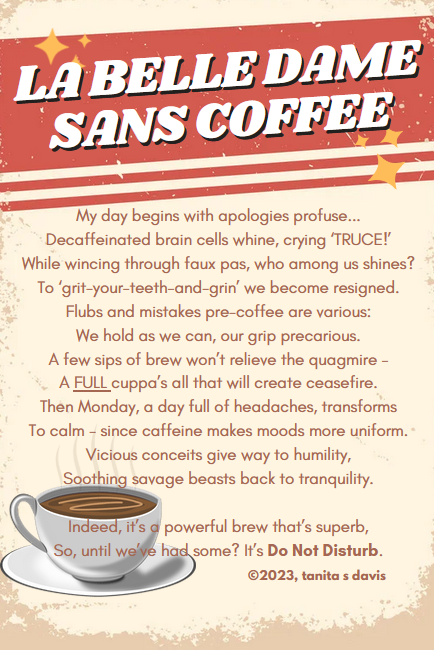
La Belle Dame Sans Coffee
My day begins with apologies profuse,
Decaffeinated brain cells whine, crying ‘truce!’
Whilst wincing through faux pas, who among us shines?
To ‘grit-your-teeth-and-grin’ we become resigned …
Flubs and mistakes pre-coffee are various,
We hold as we can, our grip precarious.
A few sips of brew won’t relieve the quagmire
A FULL cuppa’s all that will create ceasefire.
Then Monday, a day full of headaches, transforms
To calm – since caffeine makes moods more uniform.
Vicious conceits give way to humility,
Soothing savage beasts back to tranquility.
So, until we’ve had some? It’s DO NOT Disturb!
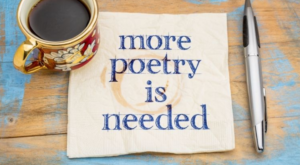
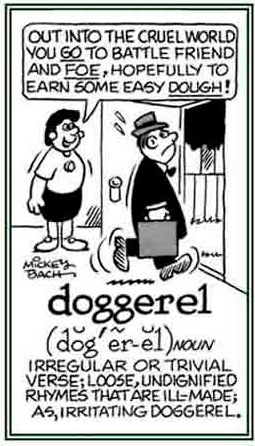
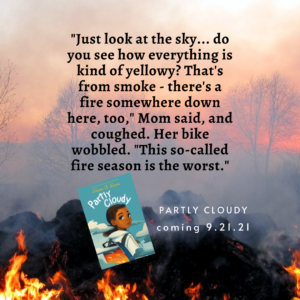


 Having no real understanding of the lengths slaves went through to keep their children “safe,” within the flimsy protection of their home plantation, and alive, this confused young man actually blamed people he assumed to be meek, bowing, scraping “Uncle Tom’s,” who had “held him back.” Butler carried this conversation with her for thirty years, and wrote her book in 1979. She said,
Having no real understanding of the lengths slaves went through to keep their children “safe,” within the flimsy protection of their home plantation, and alive, this confused young man actually blamed people he assumed to be meek, bowing, scraping “Uncle Tom’s,” who had “held him back.” Butler carried this conversation with her for thirty years, and wrote her book in 1979. She said,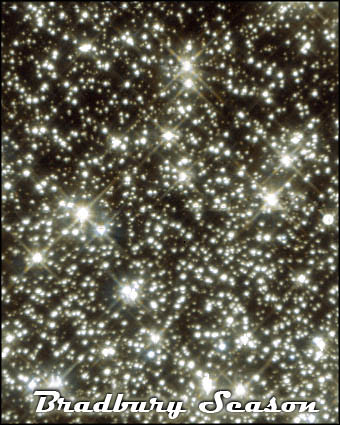


 Having no real understanding of the lengths slaves went through to keep their children “safe,” within the flimsy protection of their home plantation, and alive, this confused young man actually blamed people he assumed to be meek, bowing, scraping “Uncle Tom’s,” who had “held him back.” Butler carried this conversation with her for thirty years, and wrote her book in 1979. She said,
Having no real understanding of the lengths slaves went through to keep their children “safe,” within the flimsy protection of their home plantation, and alive, this confused young man actually blamed people he assumed to be meek, bowing, scraping “Uncle Tom’s,” who had “held him back.” Butler carried this conversation with her for thirty years, and wrote her book in 1979. She said,